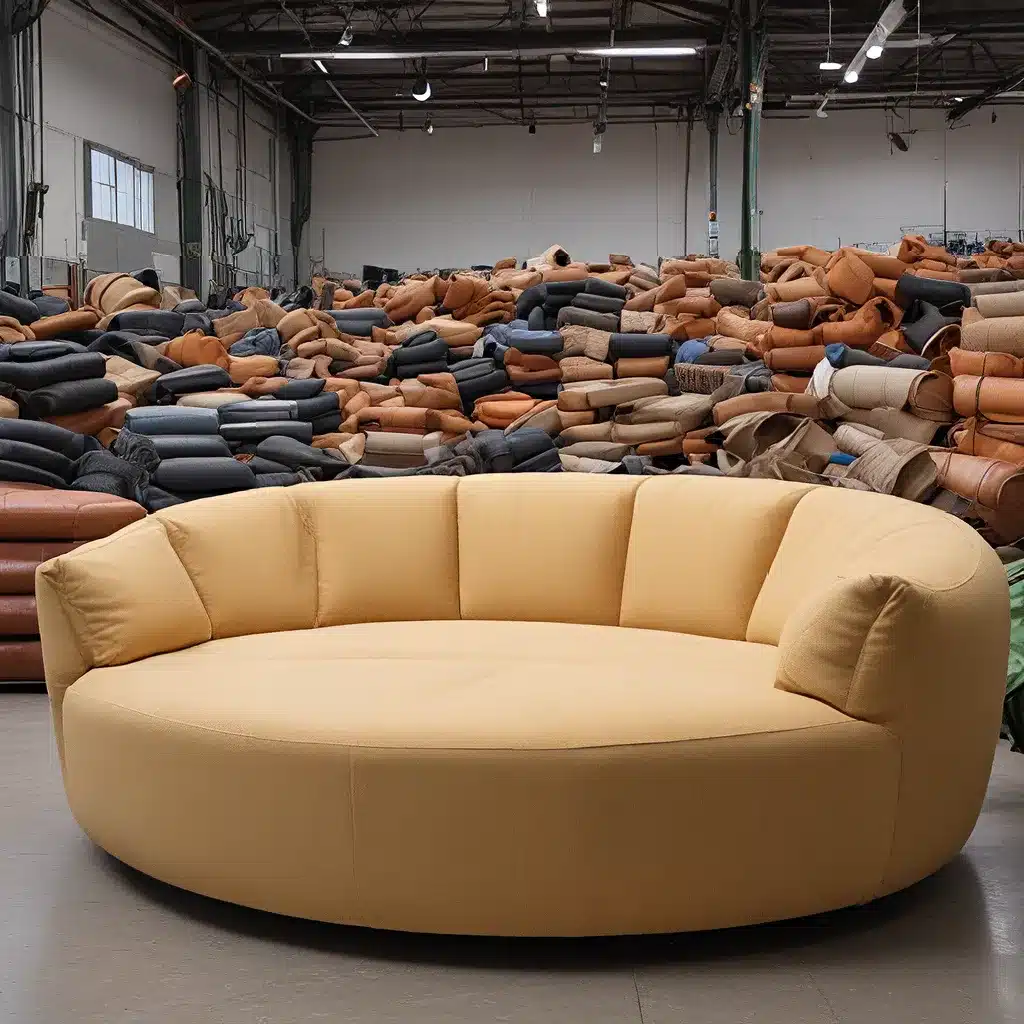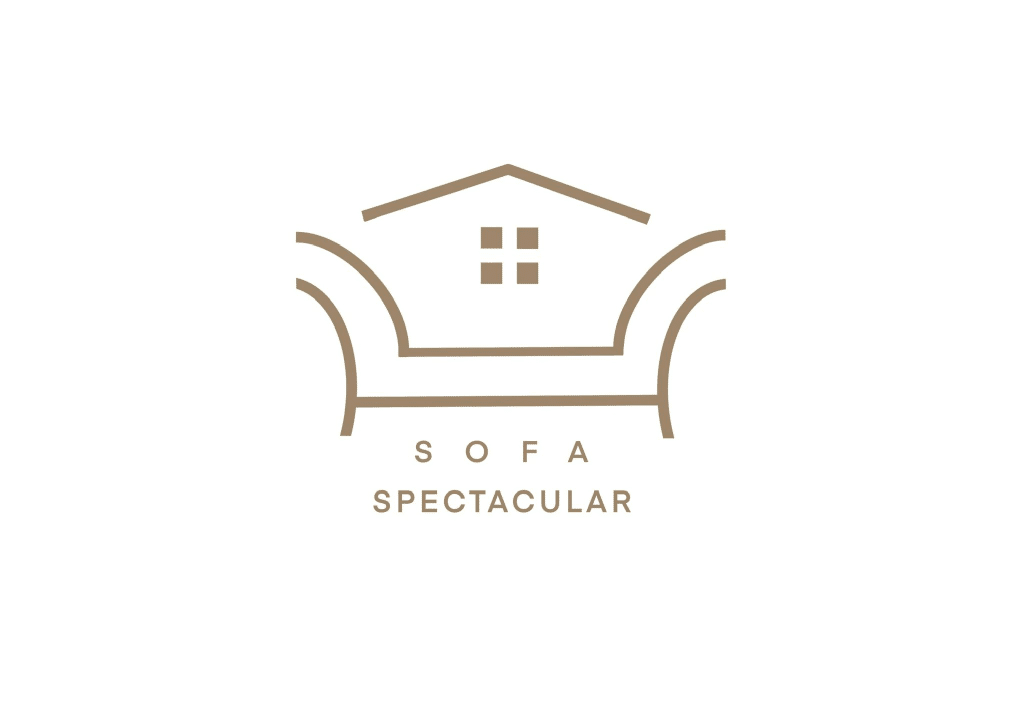Currently Empty: £0.00

As the owner of Sofa Spectacular, a thriving furniture store in the heart of the UK, I’ve always been passionate about sustainability and reducing our environmental impact. It’s no secret that the furniture industry has traditionally been a significant contributor to waste and pollution, but I firmly believe that with the right approach, we can turn this around and become a shining example of how businesses can embrace the circular economy.
In recent years, I’ve been closely following the remarkable strides that leading companies like Patagonia, IKEA, and Unilever have made in transitioning to more sustainable, circular business models. These pioneers have not only found innovative ways to minimize waste and extend the lifespan of their products, but they’ve also managed to reap the economic benefits of these initiatives. Needless to say, I was determined to follow in their footsteps and ensure that Sofa Spectacular becomes a driving force in the circular economy movement.
Embracing the Circular Mindset
When I first started to seriously consider our company’s role in the circular economy, I’ll admit, I was a bit overwhelmed. The concept seemed complex, and I wasn’t entirely sure where to begin. But as I dove deeper into the research, I realized that the underlying principles were actually quite straightforward: reduce, reuse, and recycle.
Sustainability Magazine perfectly captured the essence of the circular economy: “A circular economy is an economic model that emphasises the efficient use and reuse of resources, products, and materials in order to minimise waste and pollution.” By prioritizing this approach, I knew that Sofa Spectacular could not only contribute to a more sustainable future but also potentially unlock new business opportunities.
One of the key insights I gained was the idea of extending the lifespan of our products. Rather than focusing solely on the initial sale, we could explore ways to encourage our customers to repair, refurbish, and even return their sofas when they’re ready to upgrade. This not only reduces the amount of waste going to landfills but also builds a stronger, more loyal customer base. It’s a win-win scenario that aligns perfectly with the circular economy principles.
Implementing Circular Strategies
With a newfound understanding of the circular economy and its potential benefits, I set out to implement a comprehensive strategy at Sofa Spectacular. The first step was to assess our current operations and identify areas where we could make improvements. This involved taking a critical look at our supply chain, manufacturing processes, and customer service offerings.
One of the most significant changes we made was to introduce a take-back program. Inspired by the success of initiatives like IKEA’s furniture take-back scheme, we now offer our customers the opportunity to return their used sofas to us. These pieces are then either refurbished and resold, or responsibly recycled, ensuring that as little as possible ends up in landfills.
To support this initiative, we’ve also invested in expanding our in-house repair and refurbishment capabilities. Our team of skilled technicians now offers a wide range of services, from reupholstering to structural repairs, to help extend the lifespan of our customers’ sofas. By making it easy and accessible for people to maintain their furniture, we’re encouraging a shift away from the traditional “throw-away” mentality.
But our commitment to the circular economy doesn’t stop there. We’ve also been working hard to source more sustainable materials for our furniture, prioritizing options like recycled plastics, organic fabrics, and FSC-certified wood. This not only reduces our environmental impact but also sends a strong message to our customers about our values and dedication to sustainability.
Engaging Customers in the Circular Journey
As I’ve learned, implementing a successful circular economy strategy requires more than just internal changes – it also involves engaging and educating our customers. After all, they’re the ones who ultimately decide the fate of our products.
That’s why we’ve launched a comprehensive customer awareness campaign to help our community understand the importance of the circular economy and how they can play a role. Through informative in-store displays, social media content, and even educational workshops, we’re empowering our customers to make more informed, sustainable choices when it comes to their furniture purchases.
One of the most popular initiatives we’ve introduced is our furniture leasing program. Inspired by the innovative approach of companies like Mud Jeans, we now offer customers the option to lease their sofas rather than buying them outright. This not only reduces the financial barrier to ownership but also encourages a more circular mindset, as customers are incentivized to return their sofas when they’re ready for an upgrade.
The response from our customers has been overwhelmingly positive. Many have expressed their appreciation for our commitment to sustainability and the tangible steps we’re taking to reduce waste and promote a circular economy. It’s been incredibly rewarding to see our community rally behind this cause and become active participants in our journey.
Challenges and Opportunities Ahead
Of course, transitioning to a circular economy model has not been without its challenges. Changing longstanding industry practices and shifting consumer mindsets can be a slow and arduous process. There have been times when I’ve felt discouraged, wondering if the effort and investment are truly worth it.
But then I remember the bigger picture – the profound impact that our actions can have on the environment and the generations to come. I’m reminded of the inspiring examples set by companies like Patagonia, Accenture, and HP, who have proven that embracing the circular economy is not only good for the planet but also good for business.
As I look to the future, I see endless possibilities for Sofa Spectacular to grow and thrive within the circular economy. Perhaps we’ll develop innovative new product designs that are even easier to repair and recycle. Or maybe we’ll find ways to collaborate with other local businesses to create a truly closed-loop system within our community.
One thing is certain: the path to a circular economy is not a straight line, and there will undoubtedly be setbacks and surprises along the way. But with the right mindset, the courage to take risks, and a deep commitment to sustainability, I know that Sofa Spectacular can become a shining example of how a furniture store can lead the way in creating a more circular, sustainable future.
I encourage all of you to join us on this journey. Whether you’re a fellow business owner, a design enthusiast, or simply someone who cares about the environment, there are countless ways to get involved and make a difference. Together, let’s rewrite the script for the furniture industry and show the world that a circular economy is not just possible – it’s essential.
Explore our range of sustainable, circular-economy-friendly sofas and be a part of the solution. The future is waiting, and it’s time for us to embrace it with open arms.

